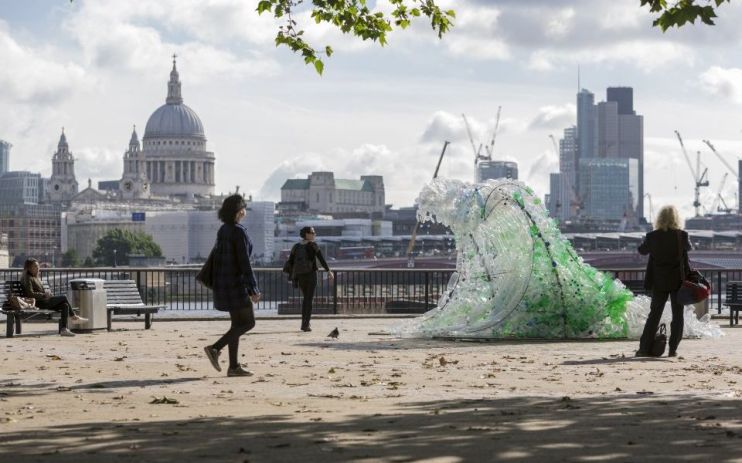Sustainability: ‘Who is ultimately accountable? The board and the CEO’

A business’ board and chief executive are the ones ultimately accountable for creating a sustainable company with COP26 on the horizon, according to DS Smith’s sustainability lead.
“Sustainability should, as a function, should make itself superfluous,” said Wouter van Tol, head of sustainability at the London listed packaging giant.
Speaking at a sustainability roundtable earlier today, van Tol explained that businesses must embed sustainability into the DNA of the company, instead of short spurts of ‘surface level’ effort known as ‘greenwashing’.
But if a company remains resistant to climate impact commitments and the UK’s net zero target – “Who is ultimately accountable? The board and the CEO,” he said.
With the UN’s flagship climate conference, COP26, just weeks away, van Tol has urged that both state and business leaders to not get caught up in theory, but instead practical next steps.
With ambitions of net zero, a circular economy and decarbonising heat – “I would like to see a certain amount of pragmatism on how we’re going to get there,” van Told said.
But the conferences goals “are not going to be achieved in the imaginary jump that people think is possible. We may need two jumps,” he explained.
COP26 must avoid “leap-frogging” to proposed silver bullet solutions like hydrogen, van Tol continued, because of the string of challenges it faces, such as how long it may take to become an accessible option and whether there is the financial viability to support it.
“If we really want the outcomes that we want…we need to be realistic and pragmatic on how we’re going to get there.”
He added that DS Smith wants to have all its products 100 per cent recycled by 2030, as the firm has previously called for improved and standardised recycling systems across Europe.